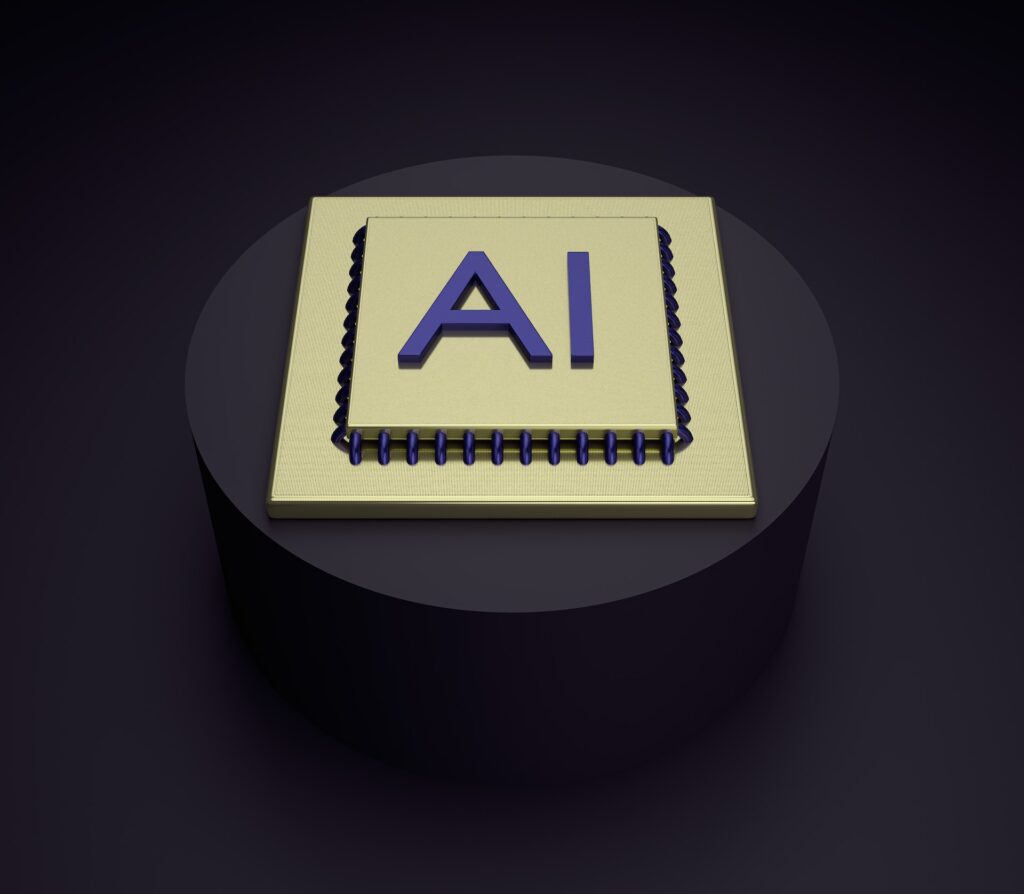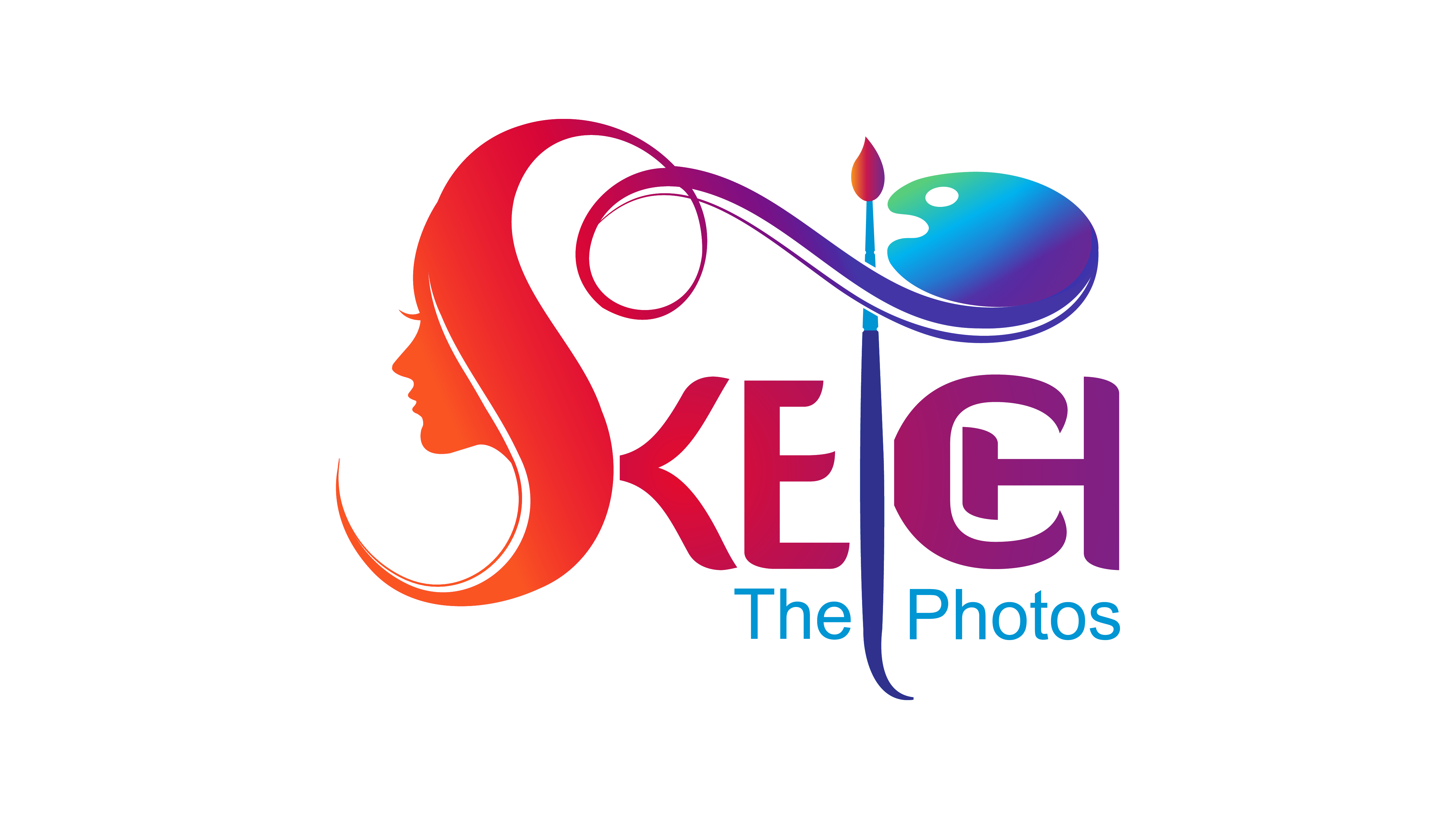The Evolving Landscape of Writing as an Art Form
In the ever-expanding realm of artistic expression, the question “is writing art?” has gained a nuanced perspective with the advent of digital technologies. The traditional boundaries separating art from literature are increasingly blurred, giving rise to a new domain where “writing art” is not just a phrase but a burgeoning reality. This intersection of literary creativity and artistic vision has fostered a space where writers and artists alike explore the depths of expression through words.
The concept of “experimental writing” has long challenged conventional norms, pushing the boundaries of how we perceive narrative structures, stylistic elements, and thematic exploration. In the past, such ventures were often the domain of avant-garde authors and poets, striving to break free from the constraints of traditional narrative forms. Today, however, this experimental landscape has expanded to include digital innovations, particularly the intriguing possibilities presented by AI writing. AI’s entrance into the literary world has sparked a debate not only about the technical capabilities of machines but also about the very nature of creativity and artistic expression.
AI Writing: A New Frontier in Experimental Writing
“AI writing” represents a groundbreaking shift in the world of experimental writing. It challenges our understanding of authorship and creativity, raising profound questions about the role of human versus artificial intelligence in the creative process. This integration of AI into the literary sphere is not just about automating the writing process; it’s about exploring new forms of narrative and expression that were previously unimaginable. The AI algorithms, with their ability to analyze vast amounts of data and recognize patterns, offer a unique perspective that is distinctly different from human cognition.
One practical manifestation of this integration can be seen on PaperTyper where AI algorithms assist in generating essays. While some may view this as merely a tool for efficiency, it also opens up a discussion about the evolving role of AI in creative writing. Can AI-generated content capture the nuances and emotional depths that are characteristic of human-written literature? Or does it offer a new form of literary artistry, one that is born from the collaboration between human imagination and machine intelligence? These questions are at the forefront of current debates in the literary and art communities, signaling a shift towards a more inclusive understanding of what constitutes writing art.
The Future of Writing Art in the Age of AI

As we venture further into this uncharted territory, the relationship between AI and experimental writing continues to evolve. The potential of AI in reshaping the literary landscape is vast, but it also comes with its complexities. The key lies in finding a harmonious balance where AI can complement human creativity, rather than supplant it. This collaboration could lead to new forms of narrative that are enriched by the analytical capabilities of AI, yet retain the emotional depth and personal touch of human writers.
The future of writing art is poised at a fascinating juncture, where the boundaries between human and machine, art and technology, are becoming increasingly fluid. This fusion has the potential to redefine our understanding of creativity, pushing us to reconsider our preconceived notions about the essence of art and literature. As we embrace these changes, the literary world is set to witness an exciting era of innovation and exploration, where the written word transcends its traditional confines to become a dynamic, ever-evolving form of art.
In conclusion, the intersection of AI and experimental writing marks a significant milestone in the journey of artistic expression. It challenges us to rethink the essence of creativity and opens up a plethora of possibilities for what writing art can become. As we continue to explore this convergence, the only certainty is that the literary world will never be the same again, and perhaps, that is the most exciting aspect of all.
